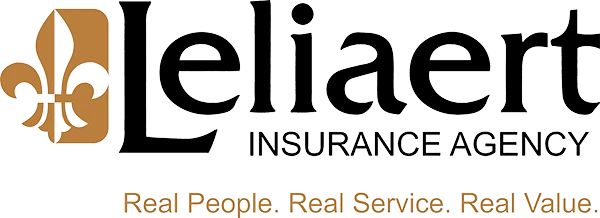December 23, 2020
Basic or budget auto insurance meets your state’s minimum coverage requirements but might not cover an entire claim in the event of a car accident. While basic coverage saves you money on monthly premiums, you are on-the-hook for higher out-of-pocket expenses when it comes to your coverage limits. Budget car insurance is more affordable because it provides less coverage.
The question is whether budget auto coverage is a good choice for you? Learn everything you need to know about basic coverage, minimum requirements, and the costs associated with it. And, see the pros and cons of basic car insurance vs the full coverage of standard auto insurance.
Is Budget Auto Insurance Good Enough? Total Guide to Basic Coverage
Budget auto insurance is not the best car insurance option for every driver, because it leaves most drivers underinsured. To be underinsured is for your auto insurance policy to fall short of covering the full cost of a claim. Basic coverage enables you to be road-legal for the least possible monthly premium – but there are pros and cons to choosing the bare minimum auto coverage.
Driving without insurance is not only illegal but extremely financially risky. Your health and wellbeing aside – uninsured drivers are saddled with the entire cost of any expenses in the event of a car accident. These expenses can include those associated with repairing or replacing your vehicle, other vehicles involved in the accident, damage to personal property, medical expenses for yourself and others involved – etc.
For obvious reasons – driving uninsured is illegal to ensure coverage for these circumstances. So, the basic budget car insurance you can purchase to fulfill your legal insurance requirements is, often, liability insurance.
Basic Auto Liability Insurance vs Full Coverage Auto Insurance
The least-expensive budget auto insurance option in most states is basic liability insurance. Basic liability car insurance provides coverage for property damage and bodily injury that you cause in the event of an auto accident. Basic liability protects other people and things from you – not the other way around.
Opting for budget auto insurance means that you are sacrificing coverage for your vehicle, yourself, and your passengers. In the event of a car accident, basic liability car insurance does not cover damage to your car or medical costs for injuries sustained by you or anyone else in your car. If you cause an accident, to cover damage to your vehicle and those riding in it you need auto collision insurance.
Collision insurance provides coverage for your car and passengers if you cause an accident, but it does not cover damage sustained from something other than an accident. For damage caused by natural events (floods, falling branches, etc.), vandalization, and theft, you need comprehensive coverage. Full coverage auto insurance is the combination of basic liability, collision, and comprehensive coverage in a single policy.
Pros and Cons: Basic Liability vs Full Coverage
Most states require basic liability coverage, at minimum for drivers to be street-legal. You might be considering cutting back on your coverage if you are suffering from financial hardship. Going down to the bare-bones liability coverage can be a more frugal option, but it carries a higher financial risk if you are involved in an auto accident of any kind. Remember, liability protects others from damage or injury caused by you but does not protect you from damage or injury caused by others.
Sometimes you don’t have a choice but to cut down your expenses to the bare essentials. In this case, basic liability coverage is the best budget auto insurance option to keep you legal. Aside from financial hardships, basic liability is also useful when trying to find affordable coverage on an old vehicle.
Build an Auto Policy that Meets Your Needs and Your Budget
Older cars might incur higher premiums on full coverage because of the higher price for repairs in the event of an accident. Especially if the vehicle does not see frequent use, minimum coverage budget auto insurance is a practical option. But, if you drive the vehicle with any frequency, minimum coverage leaves you exposed to possible financial hardships down-the-road.
If you don’t carry collision coverage you are exposing yourself to medical financial burdens in the event of bodily injury to you or the passengers in your car. And, if you don’t carry comprehensive coverage, you are not protected from loss due to theft and damage from fire, floods, or hurricanes. So, if you can afford full auto coverage it will provide the most p[rotection for you, your car, your passengers, and that of others in the event of an accident.
Many drivers, however, cannot afford full auto coverage for one or all of their vehicles, which means you have to work with an insurance company to create a policy. Insurance agencies can bundle together different coverage options to build a customized policy to suit your needs and budget. Talk with an auto insurance associate to start building a budget auto insurance policy that meets your current needs.
